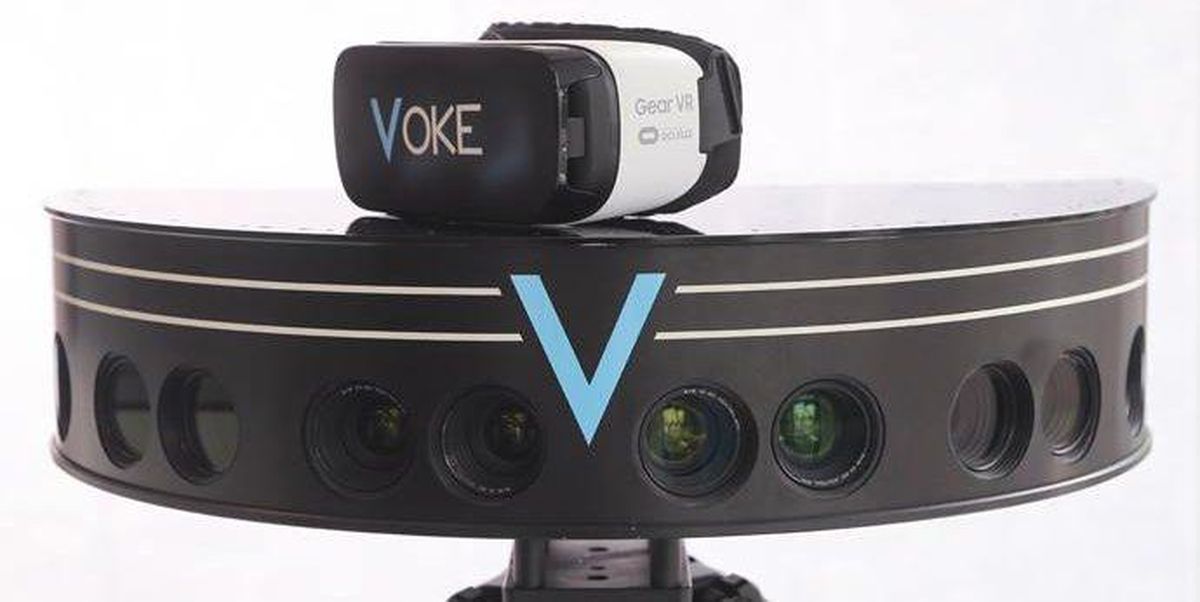Intel has high hopes for virtual reality tool developed by WSU professors

The immersive, live-streaming sports and music experience of a virtual reality technology born on the Palouse is going big time under its new owner, Intel.
VOKE, an interactive, 3-D technology giving consumers more control of what they’re watching, was developed by Jay and Uma Jayaram as professors at Washington State University, where they established a virtual reality lab in 1993.
The husband-and-wife team founded VOKE in 2004 and have relocated to Silicon Valley as the technology is rolled out for NFL games, the “Project Runway” finale, the Critics’ Choice Awards show and other live events.
At a press conference Wednesday at the Consumer Electronics Show in Las Vegas, attendees were treated to a demonstration of VOKE VR by Intel CEO Brian Krzanich. They donned Oculus Rift headsets to watch the Butler-Villanova men’s basketball game, with 180-degree courtside views.
Viewers will be able to select their point of view for live games, music concerts and other events, Krzanich said.
“Viewers will get to decide what seat they have. That’s the future of what we believe of sports viewing,” he said. “So you’re going to decide, do you want to be on the 50-yard line? Do you want to be courtside at a basketball game? Do you want to be behind the basket to watch the next slam dunk? Do you want to be in the goalie’s position? All of that is possible.”
Intel, which in November announced its purchase of VOKE, said content on Oculus Rift will be widely available later this year. The technology last year was used to present the NCAA men’s Final Four and Villanova’s championship. And just a few years ago, the Jayarams gave WSU Cougars fans a chance to test it on home games at Martin Stadium.
Jay Jayaram, VOKE’S CEO, has said the company plans to completely change the way fans engage with and experience live events. But he also insists that virtual reality will make people more engaged with the real world as an extension of life, not a replacement of it.
“Should we roll back to a reality where there would be no technology-assisted blurring of reality?” Jayaram told GeekWire. “These technologies expand our reality and make it that much richer for all.”